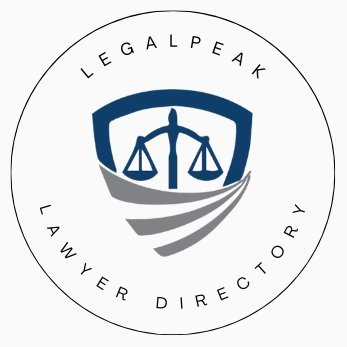If accused of possession of drugs for personal use or with the intention of selling, a criminal defense lawyer may determine what defenses may be best. Multiple states address the problem of illicit drugs in different ways, while the federal government tends to have the harshest laws for punishing drug cases. Some defenses object to the facts presented in court, the testimonies, or the evidence of the cause; others point to procedural errors, usually to search and seizure violations while other defendants object to drug possession charges by appealing to an affirmative defense, by pointing to the right to use medical marijuana in some states.
How to Beat a Drug Possession Charge
Here are 7 methods that criminal defense lawyers employ to challenge drug possession charges. The following methods include search and undue seizure, third-party drugs, forensic analysis, missing drugs, drugs are false evidence, ambush strategy, and the exception of medical marijuana. We will now go into further detail for each defense.
1) Undue Search and Seizure
The fourth amendment to the Constitution of the United States guarantees the right to due process of law, including legal searches and seizure procedures before an arrest. Search and seizure issues occur many times in cases of possession of drugs. Illicit drugs discovered by merely seeing them, such as in the glove compartment of a car after a traffic light stop, can be seized and used as evidence. Nevertheless, drugs discovered in the trunk of a car after opening it with the assumption that the suspect did not grant permission cannot be presented as evidence. If the defendant’s rights were violated under the fourth amendment, the drugs could not be used in a trial, and the charges are commonly dismissed.
2) Third-Party Drugs
A common defense to criminal charges is to state that the accused did not do it and that the drugs were not the accused. For example, saying that they were not in the accused car. A defense attorney will form a defense by questioning prosecutors to prove that the marijuana discovered in the car did belong to their client and not to one of the other passengers.
3) Forensic Analysis
Simply because something appears to look like cocaine or methamphetamine does not mean it is. The prosecution must prove with clear evidence that a substance seized is the illicit drug they claim to be by sending the evidence to a forensic laboratory for analysis. The forensic laboratory analyst must testify in court so that the prosecution can prove their accusation.
4) Missing Drugs
An excellent criminal defense lawyer will make sure that the prosecution can account for the actual drugs for which the accused client. It is similar to the need for forensic analysis, the prosecution that loses or does not have the real drugs means the possibility of rejecting your case. The seized drugs are usually moved multiple times before ending up in the test box, so it should not be assumed that the evidence still exists during the trial.
5) Drugs are False Evidence
This is difficult to verify since a sworn statement from law enforcement carries a lot of weight in court. Other officers may refuse to give up one of their colleague’s statements. However, the accused’s criminal defense attorney can submit a request that, if approved by the judge, requires the department to release the statement of the official in question. This file contains the names and contact information of those who filed the complaint that can be questioned by their lawyer or a private investigator later.
6) Ambush Strategy
While police officers can organize ambush operations, the trap is when officers or informants induce a suspect to commit a crime that they would not have otherwise committed. If a law enforcement informant pressures a suspect to sell drugs to a third party, this could be considered a trap. As a general rule, the trap is produced when the state supplies the drugs called into question.
7) The exception of Medical Marijuana
The medical use of marijuana does not constitute a defense in a federal court, but it can be in states where medical marijuana legalization has occurred. States with such exceptions to marijuana laws generally require a doctor’s signed recommendation. However, some of those states also offer an affirmative defense if those arrested on marijuana possession charges can verify and demonstrate a medical need.


